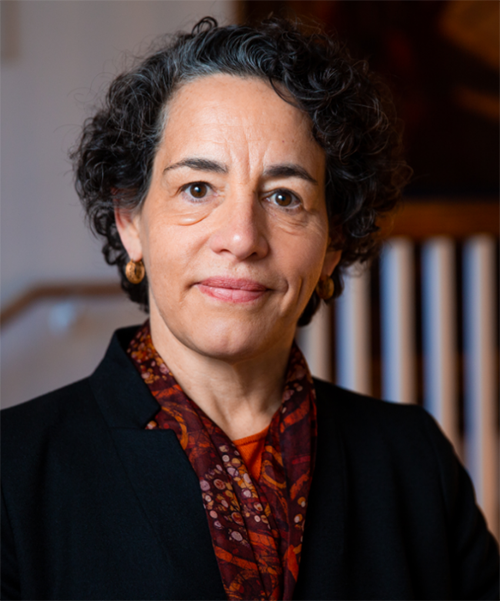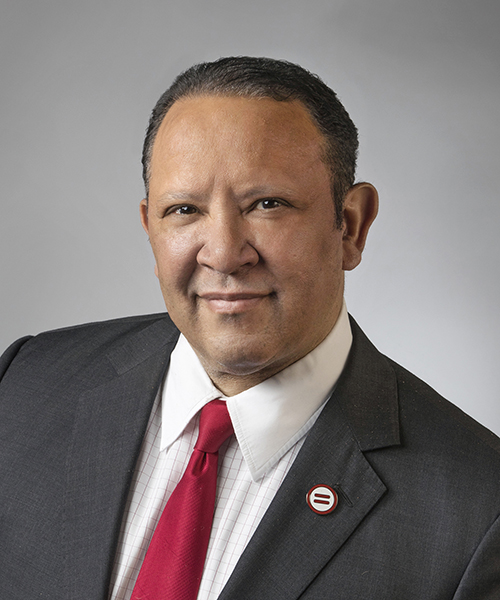Pope Francis insists “The measure of the greatness of a society is found in the way it treats those most in need, those who have nothing apart from their poverty.” Our nation is failing this test.
The global pandemic, current economic crisis, and overdue racial reckoning have revealed and exacerbated the brutal reality of so many children living in poverty in the United States – the richest nation on earth. We see the long lines of people seeking food to feed their families as hunger has worsened. One out of five children in the United States are growing up in poverty, and the rate is more than twice as high among African American and Latino children. COVID-19 and its economic consequences have made things worse. Life expectancy is on the decline in America.
At the beginning of the Biden administration and a new Congress, this unique dialogue brought together the presidents of a leading civil rights institution and a conservative policy organization, a respected poverty researcher and academic leader, and a faith-based organizer working with low-income families and communities. They explored the human, moral, and other costs of U.S. poverty and discussed how to make overcoming poverty an urgent national priority. They offered steps to take in the current crisis and assessed policies and proposals to substantially reduce poverty in the years to come.
These national leaders addressed the following questions and topics:
- What are the levels, impacts, and costs of poverty in our nation? How do race, ethnicity, gender, and education impact poverty levels?
- What have the current COVID-19 and economic crises revealed about poverty and its impacts on the lives and dignity of low-income children, their families, and their communities? How should proposals for COVID-19 relief and economic recovery address increasing poverty and hunger?
- How do biblical values and the principles of Catholic social thought help us assess the current challenges and offer directions for action?
- How can broader tax, budget, economic, educational, and employment policies reduce poverty and lift up those who are too often left behind in our economy? Specifically, how can the Child Tax Credit and Earned Income Tax Credit be strengthened and improved to help overcome poverty? How do you assess proposals from President Joe Biden, Senator Mitt Romney, and others to lift families and children out of poverty?
John Carr, co-director of the Initiative, moderated the dialogue.
Resources
View a list of articles and other resources for this dialogue.
This online Public Dialogue was part of “A Better Kind of Politics: Towards Social and Political Charity,” a consortium of Roman Catholic institutions in the United States collaborating throughout 2021 on a series of online discussions reflecting Pope Francis’ call in Fratelli Tutti for a renewal of politics through social and political charity measured by how we treat our neighbors, especially those “lying wounded along the roadside.”
This dialogue was also part of the Initiative’s Faith and the Faithful series, was co-sponsored by the McCourt School of Public Policy, and was supported by Democracy Fund.




